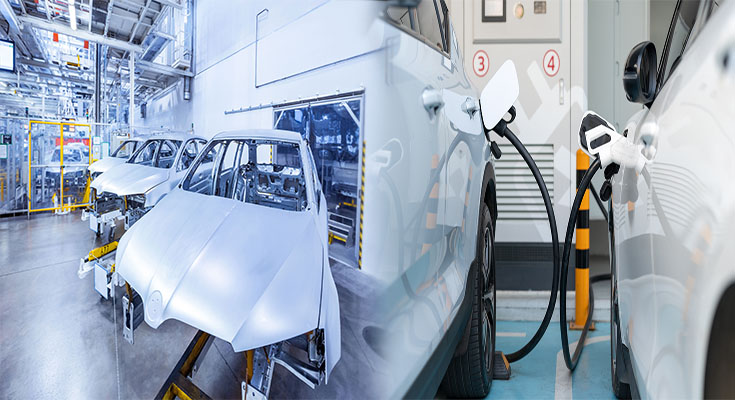The rapid advancement and adoption of electric vehicle (EV) technology have ushered in a new era for the automotive industry, fundamentally reshaping the way vehicles are designed, powered, and perceived. From environmental considerations to technological innovation and market dynamics, the influence of EV technology is far-reaching and continues to shape the future of transportation.
1. Accelerating Sustainability Initiatives:
The emergence of electric vehicle technology has propelled the industry towards a more sustainable and environmentally conscious paradigm. As concerns about climate change and air pollution escalate, automakers are increasingly investing in the development of electric and hybrid vehicles to reduce carbon emissions and minimize the environmental impact of transportation. This shift towards sustainable mobility reflects a broader commitment to eco-friendly practices and resonates with environmentally conscious consumers.
2. Redefining Design and Performance:
Electric vehicle technology has redefined traditional notions of automotive design and engineering. Electric powertrains and battery systems have enabled the creation of sleek, aerodynamic vehicle structures that prioritize energy efficiency and streamlined performance. Additionally, the instantaneous torque delivery and quiet operation of electric motors have transformed the driving experience, offering exhilarating acceleration and enhanced vehicle dynamics that challenge conventional expectations of automotive performance.
3. Fostering Technological Innovation:
The integration of electric vehicle technology has spurred a wave of technological innovation within the automotive industry. From advanced battery chemistries and energy management systems to autonomous driving capabilities and digital connectivity, electric vehicles are at the forefront of pioneering cutting-edge technologies. This focus on innovation is driving continuous improvements in efficiency, safety features, and user experience, positioning electric vehicles as catalysts for broader technological advancements in the automotive sector.
4. Reshaping Infrastructure and Energy Markets:
The widespread adoption of electric vehicles has prompted significant investments in charging infrastructure and renewable energy sources. Governments, businesses, and energy providers are collaborating to expand the network of charging stations and develop smart grid technologies to support the growing demand for electric mobility. Simultaneously, the integration of electric vehicles into the energy ecosystem has the potential to optimize energy distribution, enable grid stability, and promote the integration of renewable energy production.
5. Influencing Consumer Preferences and Market Dynamics:
Electric vehicle technology has exerted a profound influence on consumer preferences and market dynamics, fostering a shift towards electric and hybrid models. With increasing awareness of environmental issues and the availability of diverse electric vehicle options, consumers are embracing the benefits of electric mobility, including reduced operating costs, minimal reliance on fossil fuels, and lower overall environmental impact. This shift is compelling automakers to prioritize electrification in their product portfolios and redefine their market strategies accordingly.
The pervasive impact of electric vehicle technology on the automotive industry underscores the transformative power of sustainable innovation and technological convergence. As electric vehicles continue to gain traction and surpass conventional automotive solutions, their influence extends beyond mere transportation, shaping the fabric of the automotive landscape and driving ongoing advancements in sustainability, design, technology, infrastructure, and consumer behavior. By embracing electric vehicle technology, the automotive industry is not only redefining mobility, but also contributing to a more sustainable and forward-thinking future for transportation.

